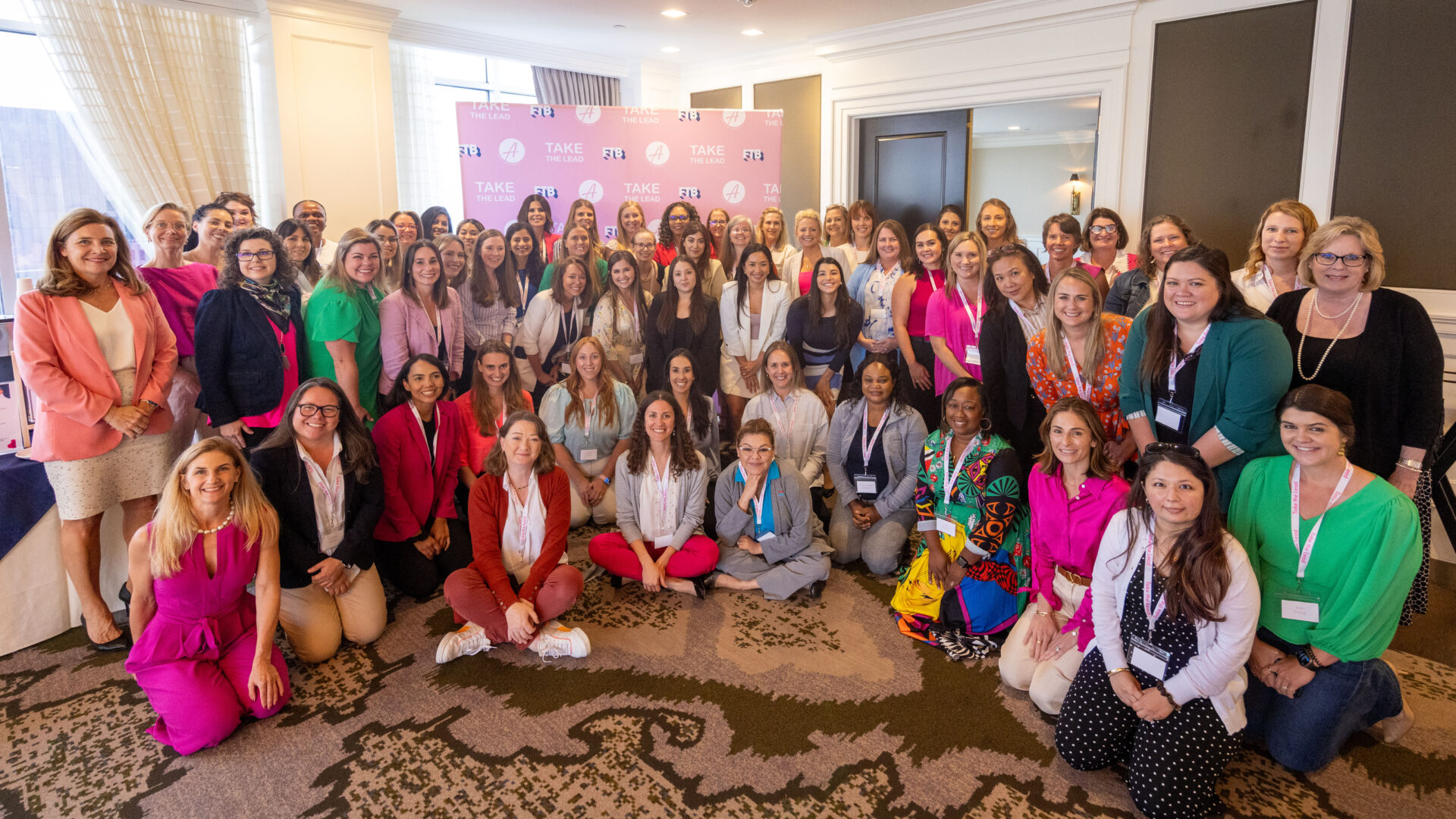My family and I approach conflict from different starting points.
They’re completely comfortable engaging in a disagreement, and do so freely…and, to be honest, sometimes unnecessarily. ☺
I’m completely comfortable sweeping things under the rug…until two years later, which is when I lift up the rug and show the offending party the unresolved issue that’s still bugging me.
What’s your relationship with conflict? What’s your starting point?
Do you lean into it, avoid it, or do you work to use it as a powerful opportunity to collaborate to get somewhere better as a result of disagreement?
Here’s what I know: when there’s too much conflict, nothing happens. When there’s too little conflict, nothing changes.
As leaders – people who seek to influence and inspire – we need to be situationally aware enough to recognize when conflict is needed, and how to initiate it in a healthy, productive way.
We need to engage in conflict when:
- An issue is irritating us, we can’t get past it, and it is negatively impacting how we think about someone or something
- Whatever we’re attempting to do isn’t working and we need to change
- We know a change is needed because a better idea has emerged, or we sense that our approach won’t help us realize the result
- Our values are on the line and we can’t compromise
It’s in these moments when many of us must face our fears and reconcile how we feel about conflict to do what should be done in these moments – this is where we must be courageous.
Courage can look like raising the issue within ourselves – if I continue to be unbalanced at work, I’m going to have significant health consequences later in life. Courage can be raising a difficult issue with others – we need to talk about how you’re treating me. It’s unacceptable. Courage isn’t action without fear – it’s action in the face of fear.
Conflict doesn’t have to be ugly, either. Or, at least, you don’t have to be ugly when engaging in conflict. (You can’t control the other person.)
Productive conflict is healthy conflict when:
- You create a space where disagreement can happen in privacy – i.e. not a public place
- Conflict is managed in the most personal way possible – i.e. text or email is not ideal
- You maintain emotional discipline…and if you can’t, you’re not ready to engage in conflict
- You bring up issues in a timely manner (so they don’t fester!)
- Handle one issue at a time
- You recognize that there are three sides to the situation – yours, theirs, and the “truth” – what a neutral third party would have to say about the situation
As I write this, I can’t help but think of more areas in my life where I can grow in my relationship with conflict and use this specific skill to help better my life. Specifically, I need to improve how I initiate disagreement and grow more comfortable sitting in the discomfort of speaking my mind, even though it’s not what the other person wants to hear. In other words, more truth-telling, less people-pleasing. ☺ What about you? Where do you need to grow?
My best,









